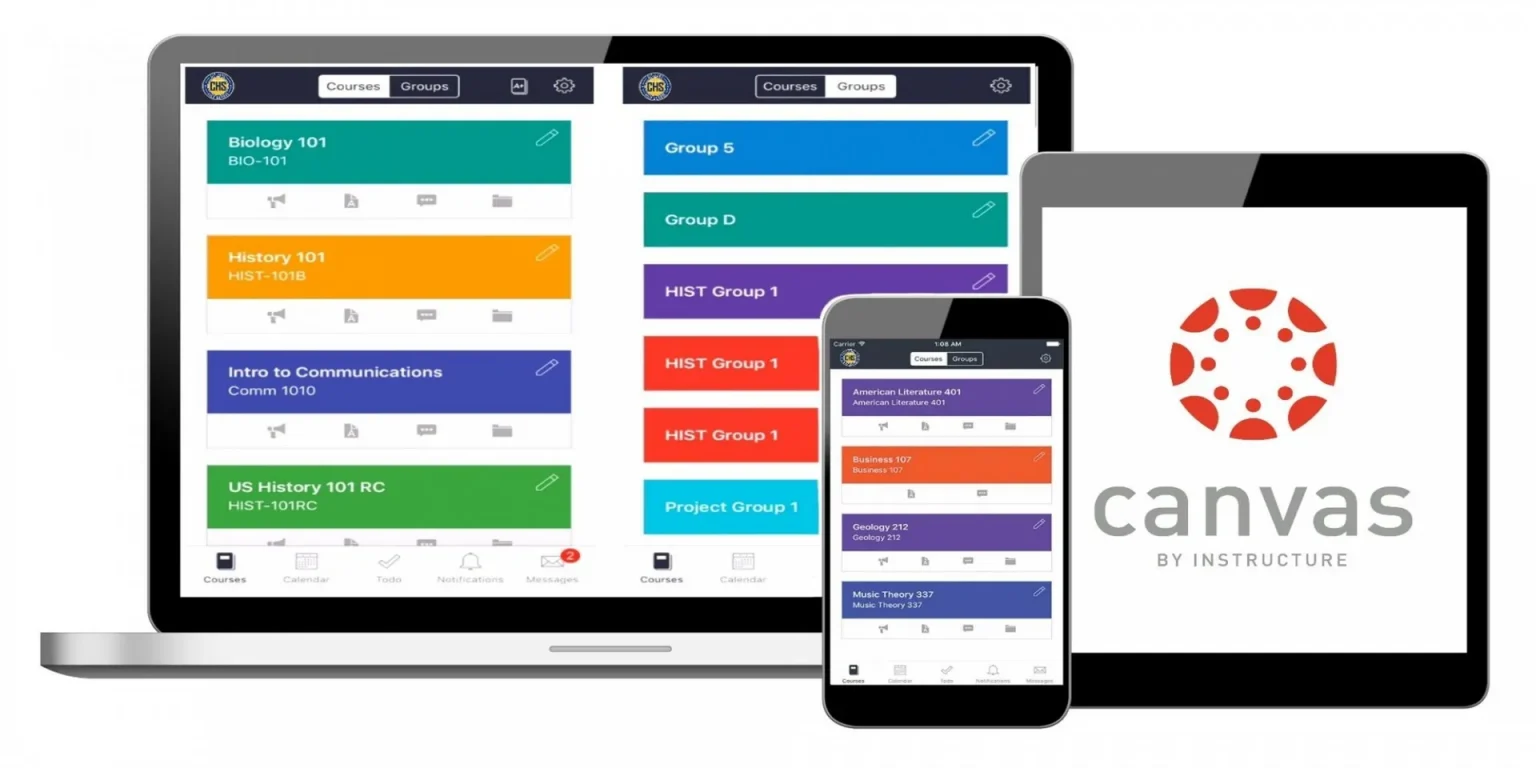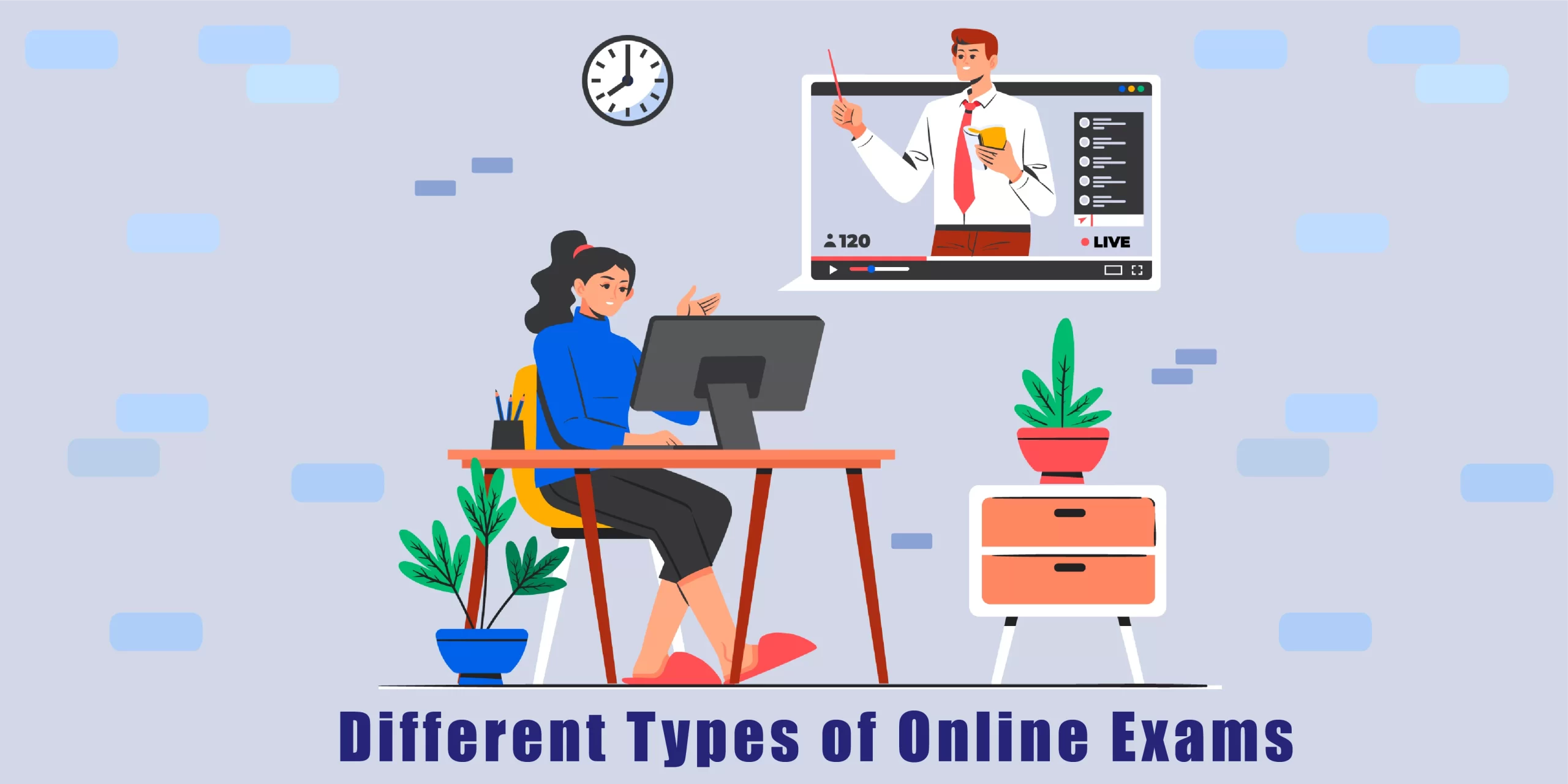1. Introduction:
Canvas is an online learning management system (LMS) that is widely used in education. It allows teachers to create and manage online course content, administer quizzes and exams, and track student progress. However, with the ease of access to the internet and the ability for students to have multiple tabs open, the concern of cheating on Canvas has become a prevalent issue and students always seem to ask this question “does canvas track tabs?” In this article, we will take a detailed look at Canvas’s tracking and cheating detection features, discuss what teachers can see on Canvas, how to use Canvas effectively and ethically, and what steps students should take to avoid cheating on Canvas test.
2. Canvas Tracking Features:
Canvas offers a variety of tracking features that allow teachers to monitor student activity and ensure academic integrity during quizzes and exams. These features include:
2.1. Can Canvas Tracks Tab?
One of the most important features that Canvas offers is tab tracking. This feature allows teachers to see if a student has other tabs open during a quiz or exam.
2.1.1. How can canvas see your tabs/can canvas track your tabs?
Tab tracking” which allows teachers to see if a student has other tabs open during a quiz or exam. This feature is particularly useful for teachers to ensure that students are not seeking answers from other sources during the test, as it shows if a student is switching between tabs. This way, teachers can monitor the student’s activity and ensure academic integrity during quizzes and exams.
The tab tracking feature in Canvas works by tracking the URLs of the tabs that are open and providing a report to the teacher. This report shows the URLs of the tabs that were open during a quiz or exam, and the amount of time that each tab was open. This allows teachers to see if a student has other tabs open, such as a search engine, a social media site, or another website that could potentially provide answers to quiz questions.
It’s important to note that this feature is mainly intended to prevent cheating and maintain academic integrity, not to monitor or track the students outside of the class activities.
2.2. Activity Logging:
Activity logging is another feature that Canvas offers, which allows teachers to view a student’s activity on the platform. This feature is useful for teachers to track student engagement and participation in the class.
2.2.1. How can professors see your activity on canvas?
Professors can see a student’s activity on Canvas through the platform’s activity logging feature. This feature allows teachers to view a student’s activity on the platform, such as when they last logged in, when they accessed specific course materials, and how much time they spent on the material. Additionally, professors can also monitor student’s activity through proctoring options like webcams and screen recording software. These features provide teachers with a detailed report of student’s activity in the class.
2.3. Proctoring:
Canvas also offers proctoring options, which allow teachers to monitor students during online exams through the use of webcams and screen recording software. This feature is particularly useful for high-stakes exams, such as final exams, where cheating could have severe consequences. With proctoring, teachers can monitor students during the test to ensure they are not seeking answers from other sources or engaging in any other forms of cheating.
2.3.1. How to know if canvas is proctored?
To know if a Canvas exam or quiz is proctored, students should check the instructions, or the information provided by their teacher or professor. Canvas also has a feature called “Proctored Exams” that allows teachers to require students to take exams with proctoring. This feature can be found in the Quiz settings, and if enabled, students will have to have a webcam and microphone enabled to take the exam, and their activity will be monitored during the exam. If unsure, students can reach out to their instructor to ask if the exam will be proctored or not.
2.4. Does Canvas check for plagiarism:
Canvas also offers plagiarism detection tools, which allow teachers to check student’s work for plagiarism. These tools compare the student’s work to a database of sources, and flag any instances of plagiarism. This feature helps teachers to ensure academic integrity and that students are producing original work.
These tracking features are designed to help teachers monitor student activity and maintain academic integrity during quizzes and exams. By understanding these features, students can use Canvas effectively and ethically and avoid any misconduct.
3. Can Canvas Detects Cheating?
Canvas has several built-in features that help detect cheating. One of these features is plagiarism detection, which compares student submissions to a database of sources to check for plagiarism. This feature is particularly useful for assignments and essays, where students may be tempted to copy and paste text from the internet. Canvas also has monitoring features that allow teachers to view student activity during quizzes and exams, such as flagging suspicious behavior or alerting teachers when a student navigates away from the exam page. These features help teachers identify patterns of behavior that may indicate cheating, such as a student consistently performing poorly on quizzes but excelling on exams.
4. What Teachers Can See on Canvas:
Teachers can see a wide range of information on Canvas, including student activity logs, quiz and exam results, and submitted assignments. This information can be used to identify patterns of behavior that may indicate cheating, such as a student consistently performing poorly on quizzes but excelling on exams. Here is a detailed look at what teachers can see on Canvas:
4.1. Student’s Activity:
Teachers can see a variety of information about a student’s activity on Canvas, including when they last logged in, when they accessed specific course materials, and how much time they spent on the material. This feature is useful for teachers to track student engagement and participation in the class.
4.2. Student’s Performance:
Canvas allows teachers to track student’s performance on quizzes and exams. This includes the student’s score, the time it took to complete the quiz/exam, and how many attempts the student made. This feature allows teachers to
However, this also raises concerns about student privacy. With access to this information, teachers can also monitor student engagement and participation in the class, and provide personalized feedback and support.
5. Canvas and Privacy:
The tracking features on Canvas raise ethical concerns about student privacy. While Canvas is compliant with regulations such as the Family Educational Rights and Privacy Act (FERPA), students may still feel uncomfortable with their activity being tracked and monitored. To protect their privacy, students can take steps such as closing unnecessary tabs during quizzes and exams, and being mindful of their activity on the platform.
Canvas takes the privacy of its users very seriously, and employs a variety of measures to protect student’s personal information. However, as with any online platform, it is important for students and parents to review and understand the privacy policy before using the platform, and be aware of the data that is being collected and how it is being used. Additionally, it is important to keep in mind that while Canvas takes steps to protect student’s personal information, students and parents should also take steps to protect their own privacy by keeping login information secure and being cautious about sharing personal information online.
6. Can you cheat Canvas?
While students may try to cheat on Canvas by opening multiple tabs during quizzes or sharing answers with others, Canvas’s tracking and cheating detection features make cheating difficult. With the tab tracking feature, teachers can see if a student has other tabs open during a quiz or exam. With plagiarism detection, teachers can check if student submissions are original. The monitoring feature during quizzes and exams allows teachers to flag suspicious behavior or alert teachers when a student navigates away from the exam page. These features make it difficult for students to cheat on Canvas. However, students should also be aware that cheating on Canvas can lead to serious consequences, such as failing the course or being expelled from school.
7. What ways should Canvas students avoid cheating on Canvas test?
- Don’t share answers with classmates: Sharing answers with classmates during the test is a form of cheating and can lead to severe consequences.
- Don’t use unauthorized resources during quizzes and exams: Using unauthorized resources, such as cheat sheets or online resources, during quizzes and exams is also a form of cheating.
- Don’t navigate away from the exam page: Navigating away from the exam page during the test is suspicious behavior and can be flagged by the teacher.
- Don’t use messaging apps or social media during quizzes or exams: Using messaging apps or social media during quizzes or exams can also be flagged by the teacher as suspicious behavior.
8. Scoring good marks on Canvas exams and quizzes:
To score good marks on Canvas exams and quizzes, students should focus on preparing well and staying organized. This includes reviewing course materials, taking practice quizzes and exams, and staying on top of deadlines. Additionally, expert guidance can be helpful in improving performance on Canvas. By understanding the platform and the ways to navigate it effectively, students can improve their performance and achieve success.
Scoring good marks on Canvas exams and quizzes requires a combination of preparation, organization, and effective studying strategies. Here are some ways and strategies that students can use to improve their performance on Canvas exams and quizzes:
- Review the course material regularly: Keeping up with the course material on a regular basis is one of the most important factors in scoring good marks. Reviewing the course material regularly will help you stay on top of the material and understand the concepts better.
- Create a study schedule: Creating a study schedule will help you stay organized and manage your time effectively. This will also help you to make sure that you are spending enough time on each subject.
- Take practice quizzes and exams: Canvas has a built-in quiz feature, which can be used to take practice quizzes and exams. This can help you familiarize yourself with the format of the quizzes and exams, and identify areas where you may need more practice.
- Take detailed and organized notes: Taking detailed and organized notes will help you to understand the material better, and will also make it easier to review the material later.
- Use flashcards: Flashcards are a great way to memorize and review information. They can be used to review vocabulary, formulas, and other important information.
- Use mnemonic devices: Mnemonic devices are memory aids that can help you remember important information. For example, using an acronym, acrostic, or rhyme can help you remember a list of items.
- Prioritize your time: It is essential to make sure you are focusing on the most important tasks. Prioritizing will help you to study more effectively and efficiently.
- Stay positive: Stay positive and believe in yourself. A positive attitude can improve your motivation and help you to perform better.
- Seek help from experts: if you are struggling with a particular subject or concept, don’t hesitate to seek help from online experts. They can provide you with additional resources, explanations, or complete support i.e., taking exams and quizzes on your behalf.
By following these strategies, students can improve their performance on Canvas exams and quizzes and achieve better marks. However, students should also be aware that cheating on Canvas can lead to serious consequences, such as failing the course or being expelled from school. Therefore, it is important for students to use these strategies ethically, and ensure academic integrity is maintained at all times.
8.1. Why should students get Expert Help?
Many students find it difficult to keep up with the pace and workload of online classes, particularly if they have other responsibilities like a part-time job or family commitments. In such cases, seeking expert help can be beneficial. Online class help providers offer a range of services, including completing assignments, taking quizzes and exams, and providing personalized feedback and support. These services can be especially beneficial for students who are struggling to understand the course material or are falling behind in their classes.
8.2. Benefits of getting online class help from experts:
- Save time: With expert help, students can save time by having someone else complete their assignments and quizzes, allowing them to focus on other responsibilities. This can be especially beneficial for students who have a part-time job or family commitments, which can make it difficult to find time to complete all of their coursework.
- Improve grades: Experts have a deep understanding of the course material and can provide personalized feedback and support, which can help improve grades. They can also provide guidance on how to study effectively and efficiently, which can lead to better performance on quizzes and exams.
- Better understanding of the course material: With expert help, students can gain a better understanding of the course material, which can help them perform better on quizzes and exams. Experts can provide explanations and resources that can help students understand difficult concepts and material.
- Reduced stress: Online class help can reduce stress by taking some of the workload off of students, which can help them perform better in their classes. This can be especially beneficial for students who are struggling to keep up with the pace of the class or who are feeling overwhelmed by the workload.
- Customized support: expert help providers can offer customized support to suit the student’s needs and goals. They can work with the student to identify their strengths and weaknesses, and provide support and resources tailored to their individual needs.
- Access to subject matter experts: expert help providers have subject matter experts who are highly qualified and experienced in their field. These experts can provide students with the best guidance and support for the subject.
- Flexibility: expert help providers offer flexible options for students, such as one-on-one tutoring or group sessions, which can accommodate the student’s schedule and availability.
In short, expert help can be a great resource for students who are struggling to keep up with the pace and workload of online classes. It can provide students with the support they need to improve their grades, gain a better understanding of the course material, and reduce stress. It is important for students to choose a reputable and reliable expert help provider to ensure they are getting the best support and guidance.
9. Conclusion:
Canvas is a powerful tool for education, but it also raises concerns about cheating and student privacy. By understanding Canvas’s tracking and cheating detection features, students can use the platform effectively and ethically. To avoid cheating and score good marks on Canvas exams and quizzes, students should focus on preparing well, staying organized, and being mindful of their activity on the platform. Additionally, students should also be aware of the potential consequences of cheating on Canvas and take steps to protect their privacy.









